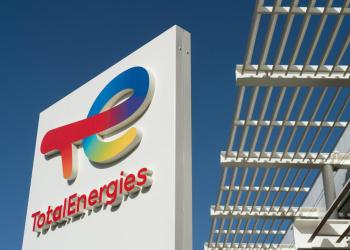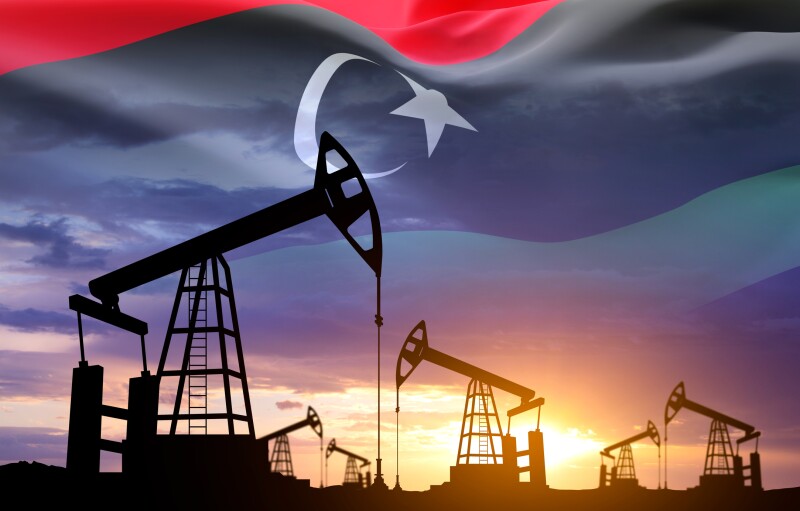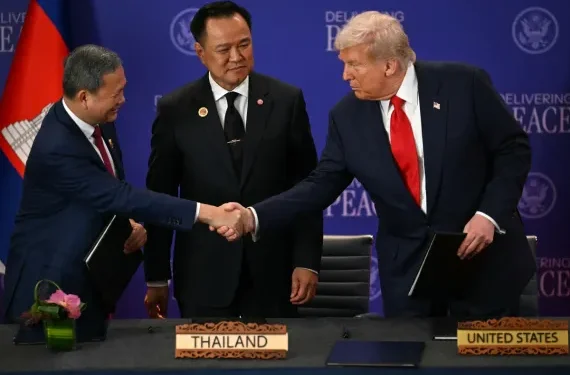Libya has launched its first energy exploration tender since the 2011 conflict, drawing intense interest from global oil giants including Chevron Corp., TotalEnergies SE, Eni SpA, and Exxon Mobil Corp.
The move signals a pivotal step in Libya’s efforts to revive its battered oil sector and position itself for a production boom over the next five years.
According to Massoud Seliman, Chairman of Libya’s National Oil Corporation (NOC), a total of 37 international companies have expressed interest in acquiring licenses for 22 offshore and onshore blocks across the country.
“Almost all well-known international companies are participating. “This is a significant vote of confidence in Libya’s energy potential.”
Massoud Seliman, Chairman of Libya’s National Oil Corporation (NOC)
The tender, which is set to conclude with contract signings by the end of 2025, marks a return to competitive bidding last seen in 2007.
The competition comes as Libya which holds Africa’s largest proven crude reserves seeks to rebuild its energy infrastructure and stabilize production following over a decade of political turmoil and violent conflict.

The country is currently producing about 1.4 million barrels per day (bpd) and aims to raise that figure to 2 million bpd by 2030, surpassing the 1.75 million peak recorded under former leader Muammar Qaddafi in 2006.
The energy tender represents more than just a commercial opportunity. For Libya, it is a test of investor confidence in a fragile political environment and a clear statement of intent to return to the global energy spotlight.
If successful, the exploration round will inject fresh capital, technical expertise, and operational discipline into Libya’s oil industry.
Under the proposed production-sharing agreements, winning firms will shoulder the costs for seismic surveys and drilling, with the ability to recoup expenditures only if commercial volumes of oil or gas are discovered.
The National Oil Corporation also noted that it awaits government approval for a $3 billion development budget, aimed at supporting output growth in the near term.
According to Seliman, part of the funding will be used to expand the operations of Akakus Oil Operations, a joint venture involving TotalEnergies, Spain’s Repsol SA, Austria’s OMV AG, Norway’s Equinor ASA, and Libyan national partners. Akakus operates Sharara, the country’s largest oil field.
Production Expansion Plans

NOC is targeting near-term gains, with production expected to reach 1.6 million bpd within a year if the proposed budget is approved.
Waha Oil Co., another key Libyan producer, is poised to increase its output from 300,000 to 800,000 bpd, driven largely by the development of the North Jalo field, projected to contribute 100,000 bpd on its own.
“Waha has the capacity and assets to scale significantly. We are unlocking fields that have been dormant for years.”
Massoud Seliman, Chairman of Libya’s National Oil Corporation (NOC)
After years of absence, major international players are returning to Libya. Repsol resumed exploration in the Marzuq basin in January 2025, while bp Plc, Eni, and OMV resumed drilling operations in 2024, ending a pause that began in 2014 due to security concerns.
These moves reflect increasing optimism about Libya’s political stability and the attractiveness of its untapped reserves. However, risks remain, with the country still split between rival governments and vulnerable to renewed unrest.
Despite its oil wealth, Libya remains heavily reliant on fuel imports due to limited refining capacity. In recent months, fuel shortages have worsened following the end of a crude-for-fuel swap scheme that auditors deemed opaque.

The NOC was left with $1 billion in arrears, though Seliman confirmed that dues for March and April have been settled, with May’s in progress.
The Libyan government has now allocated 20 billion dinars ($3.7 billion) for fuel imports in 2025.
Though Seliman admitted this amount falls short of the annual requirement — estimated at $600 million per month. “We expect understanding and flexibility from the government if additional funding is required,” he added.
Libya’s first exploration tender in nearly two decades marks a turning point for a nation looking to stabilize and maximize its hydrocarbon potential.
With high-caliber international players lining up, the outcome of the tender could determine whether Libya’s ambition to surpass its historic oil production peak becomes a reality.
But success will depend not only on geology and investment but on political stability and the ability of institutions like the NOC to navigate Libya’s complex energy and governance landscape.
READ ALSO: Mastercard and Access Bank Unveil Innovative Age-Segmented Card to Empower Ghana’s Youth























